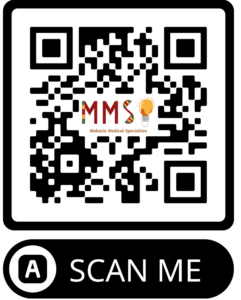Considering a career in Healthcare?
- Less than 5.7% of physicians are black
- Less than 6% of surgeons are black
- Less than 9% of APN’s are black
- Less than 3% of dentists are black
- African-Americans consistently have more negative health outcomes compared to other races. Mistrust of the healthcare system is a common reason.
Representation matters.
How do we close the gap?
Join Melanin Medical Specialties. Visibility is Key.
Don’t put it off. Do it today for you and for your community.
The life you impact today may impact yours tomorrow.


